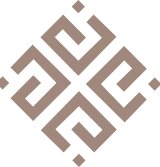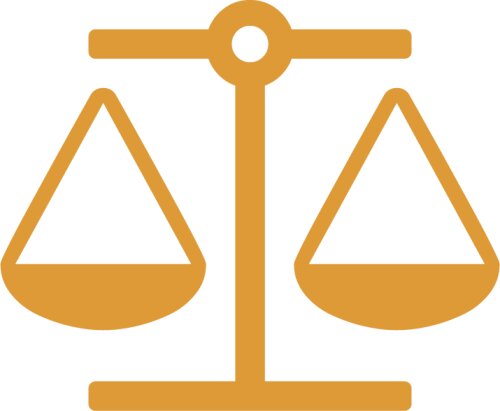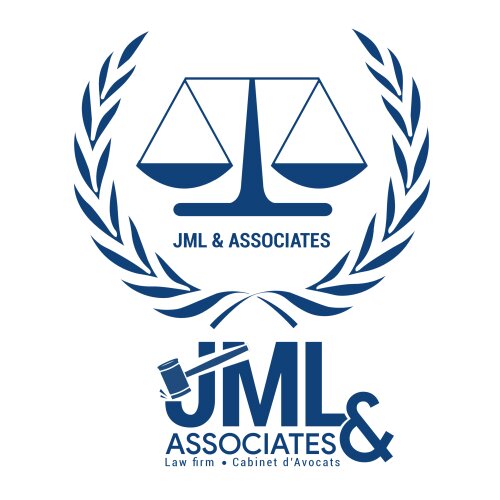Best Divorce & Separation Lawyers in DR Congo
Share your needs with us, get contacted by law firms.
Free. Takes 2 min.
Free Guide to Hiring a Family Lawyer
Or refine your search by selecting a city:
List of the best lawyers in DR Congo
About Divorce & Separation Law in DR Congo
Divorce and separation laws in the Democratic Republic of the Congo (DR Congo) are a complex amalgamation of traditional customs and the legal framework established by the national government. The family unit holds significant cultural value, but the legal system provides avenues for resolving marital disputes through divorce or separation. Divorce can be sought on several grounds, including adultery, desertion, cruelty, or mutual consent. Women and men may face different challenges in the process, often influenced by traditional expectations and societal norms.
Why You May Need a Lawyer
Navigating the divorce and separation process in DR Congo can be daunting without legal assistance. A qualified lawyer can help in several scenarios, such as:
- Understanding the complex legal prerequisites for filing a divorce.
- Ensuring equitable distribution of marital property.
- Handling child custody and support issues.
- Negotiating spousal support or alimony.
- Ensuring the protection of legal rights in contested divorces.
- Navigating the interplay between customary law and statutory law.
Local Laws Overview
The legal mechanism governing divorce and separation in DR Congo is rooted in both civil law principles and customary practices. Key aspects include:
- Grounds for Divorce: These include adultery, cruelty, abandonment, and mutual consent. Proof is generally required to support the claim.
- Custody and Child Support: The welfare of children is a primary concern, with courts considering the best interests of the child when making custody determinations.
- Property Division: Marital assets are typically subject to division, and legal guidance is often necessary to ensure fairness and compliance with statutory laws.
- Cultural Considerations: Customary laws may influence divorce proceedings, particularly in rural areas, making it essential to understand both statutory and customary legal frameworks.
Frequently Asked Questions
What are the recognized grounds for divorce in DR Congo?
Recognized grounds include adultery, cruelty, desertion, and mutual agreement between spouses.
How long does it take to get a divorce in DR Congo?
The duration varies depending on the complexity of the case and whether it's contested or uncontested. It can range from several months to over a year.
What is the legal process for filing a divorce?
The process involves submitting a petition to the court, providing necessary documentation, and potentially attending hearings.
How is child custody determined?
Child custody is determined based on the best interests of the child, considering factors such as parental capability, child preference, and living conditions.
Do I need to prove fault to obtain a divorce?
Proof is required if the divorce is based on fault grounds such as adultery or cruelty. Mutual consent divorces do not require proof of fault.
Can customary law affect my divorce proceedings?
Yes, customary law can play a significant role, especially in regions where traditional practices are prevalent and can affect aspects like spousal rights and property division.
What happens to our property upon divorce?
Property acquired during the marriage is subject to division, usually with the assistance of a legal professional to ensure an equitable distribution.
Is legal separation different from divorce?
Yes, legal separation allows a couple to live apart without officially ending the marriage, which can have different legal and social implications.
Can I remarry after divorce in DR Congo?
Yes, once a divorce is finalized and all legal requirements are fulfilled, individuals are free to remarry.
What should I do if my spouse contests the divorce?
If a spouse contests the divorce, it may lead to a contested divorce case requiring thorough legal representation to mediate or resolve the issues in court.
Additional Resources
For those seeking further information or assistance, consider contacting the following organizations:
- Ministry of Justice: Oversees legal affairs and may provide resources or direction on family law matters.
- Local Non-Governmental Organizations (NGOs): Some NGOs specialize in family law advocacy and support.
- Legal Aid Clinics: Provide legal advice and assistance, sometimes pro bono, to those unable to afford private legal services.
Next Steps
If you require legal assistance in divorce or separation matters, consider the following steps:
- Research and contact a qualified family law attorney experienced in DR Congo divorce laws.
- Prepare documentation related to marriage, assets, and any grounds for divorce you intend to claim.
- Consider seeking mediation or counseling as a preliminary step to resolve issues amicably.
- Contact local legal aid organizations for guidance and support if financial resources are a concern.
- Stay informed about your rights and responsibilities throughout the legal process.
By taking these steps, you can improve your understanding and management of the divorce or separation process in DR Congo.
Lawzana helps you find the best lawyers and law firms in DR Congo through a curated and pre-screened list of qualified legal professionals. Our platform offers rankings and detailed profiles of attorneys and law firms, allowing you to compare based on practice areas, including Divorce & Separation, experience, and client feedback.
Each profile includes a description of the firm's areas of practice, client reviews, team members and partners, year of establishment, spoken languages, office locations, contact information, social media presence, and any published articles or resources. Most firms on our platform speak English and are experienced in both local and international legal matters.
Get a quote from top-rated law firms in DR Congo — quickly, securely, and without unnecessary hassle.
Disclaimer:
The information provided on this page is for general informational purposes only and does not constitute legal advice. While we strive to ensure the accuracy and relevance of the content, legal information may change over time, and interpretations of the law can vary. You should always consult with a qualified legal professional for advice specific to your situation.
We disclaim all liability for actions taken or not taken based on the content of this page. If you believe any information is incorrect or outdated, please contact us, and we will review and update it where appropriate.
Browse divorce & separation law firms by city in DR Congo
Refine your search by selecting a city.
















